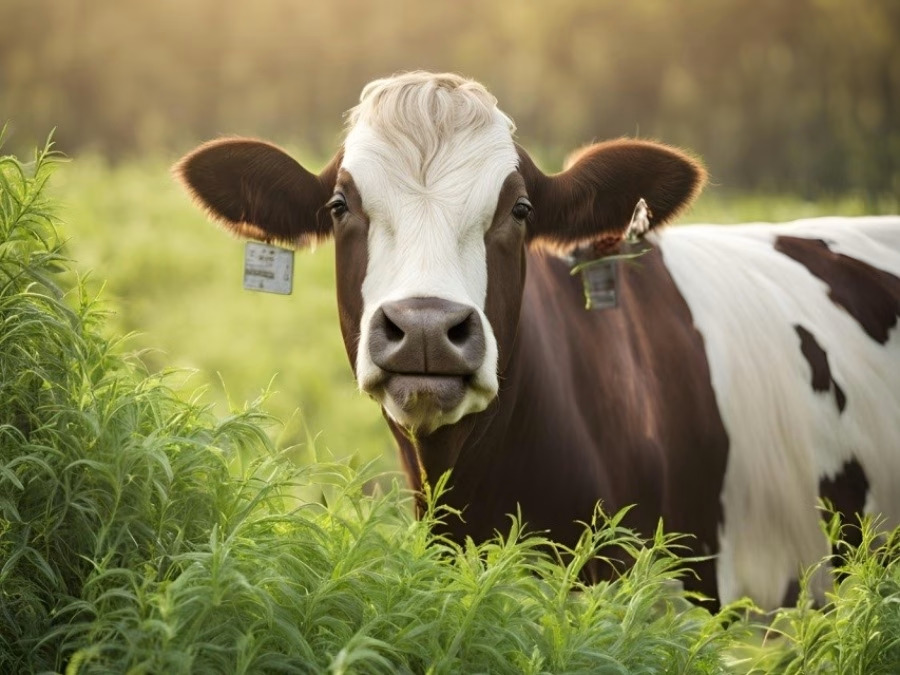Welcome to my thoughts about veganism from history and the future. In this post, we'll explore the historical times of veganism, uncovering how this lifestyle has grown from ancient philosophical concepts to a modern movement for sustainability and ethical living.
Ancient Beginnings
The concept of veganism dates back to ancient Indian and Mediterranean societies, where non-violence towards animals was a key principle. Philosophers like Pythagoras advocated for a meatless diet, rooted in the belief of kinship with all living beings.
The Vegan Society: A Modern Movement
The term 'vegan' was coined in 1944 by Donald Watson, who founded The Vegan Society. Watson and his contemporaries advocated for a diet free from all animal products as a response to the ethical concerns surrounding animal farming.
Environmental Impact and Sustainability
Recent decades have seen veganism embraced as a solution to environmental issues. Research shows that plant-based diets have a lower carbon footprint, reduce water usage, and lessen deforestation, making veganism a key player in sustainability efforts.
Ethical Considerations
At its core, veganism extends beyond diet, encompassing a philosophy that rejects the commodification of animals. Ethical vegans avoid products tested on animals and those made from animal skins, promoting cruelty-free living.
Health Benefits
The health benefits of a vegan diet have been supported by numerous studies, showing reduced risks of heart disease, hypertension, type 2 diabetes, and certain types of cancer.
Challenges and Misconceptions
Despite its benefits, veganism faces challenges, including misconceptions about protein deficiency and the belief that it's an elitist lifestyle. Education and accessibility are key to overcoming these barriers.
The Future of Veganism
As we look towards the future, veganism continues to grow in popularity, driven by environmental, ethical, and health concerns. It represents not just a dietary choice, but a lifestyle committed to compassion and sustainability.
Veganism's future is intertwined with technological advancements. The rise of lab-grown meats and plant-based alternatives mirrors society's growing consciousness towards ethical consumption. These innovations promise to make vegan choices more accessible and palatable to a broader audience, potentially transforming our food systems and environmental impact.
The role of policy and legislation in promoting veganism is another crucial aspect. Governments and institutions are gradually acknowledging the environmental and health benefits of plant-based diets. Schools, hospitals, and public institutions incorporating vegan options in their menus reflect this shift, indicating a societal acknowledgment of veganism's relevance.
Cultural shifts also play a significant role in the spread of veganism. Celebrities and public figures embracing vegan lifestyles have a significant influence, helping to dispel myths and popularize the movement. Social media has become a powerful tool for sharing information, recipes, and lifestyle tips, creating a sense of community and support among vegans worldwide.
Despite these advancements, challenges remain. Accessibility and affordability of vegan products are still significant barriers for many. Efforts to tackle these issues include community gardens, vegan food banks, and subsidies for plant-based products, ensuring that veganism is an inclusive and practical choice for people from all walks of life.
Conclusion
In conclusion, the journey of veganism is a testament to the evolving human consciousness towards more ethical, sustainable, and health-conscious living. As we continue to confront global challenges like climate change and animal welfare, the principles of veganism offer a guiding light towards a more compassionate and sustainable future.















